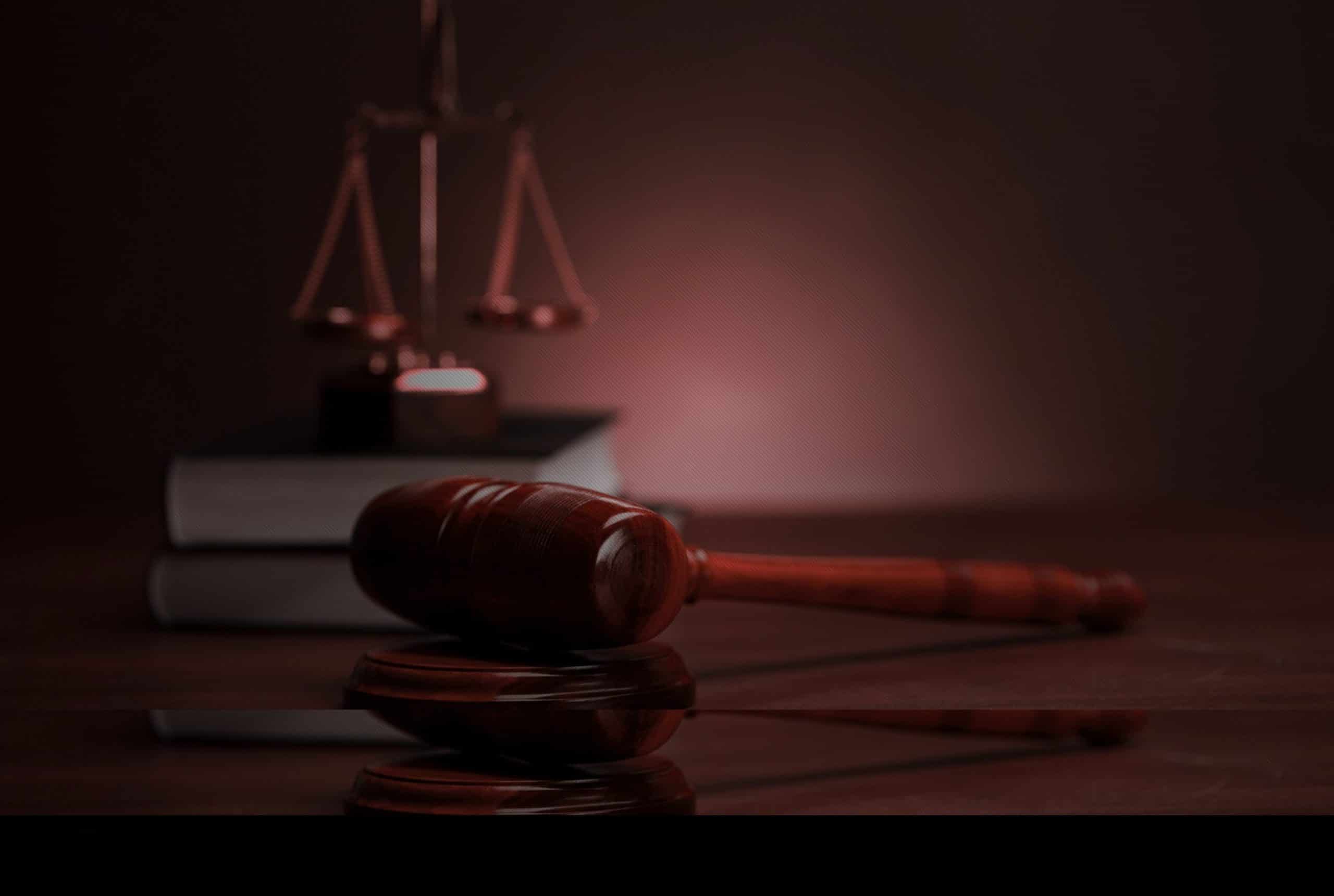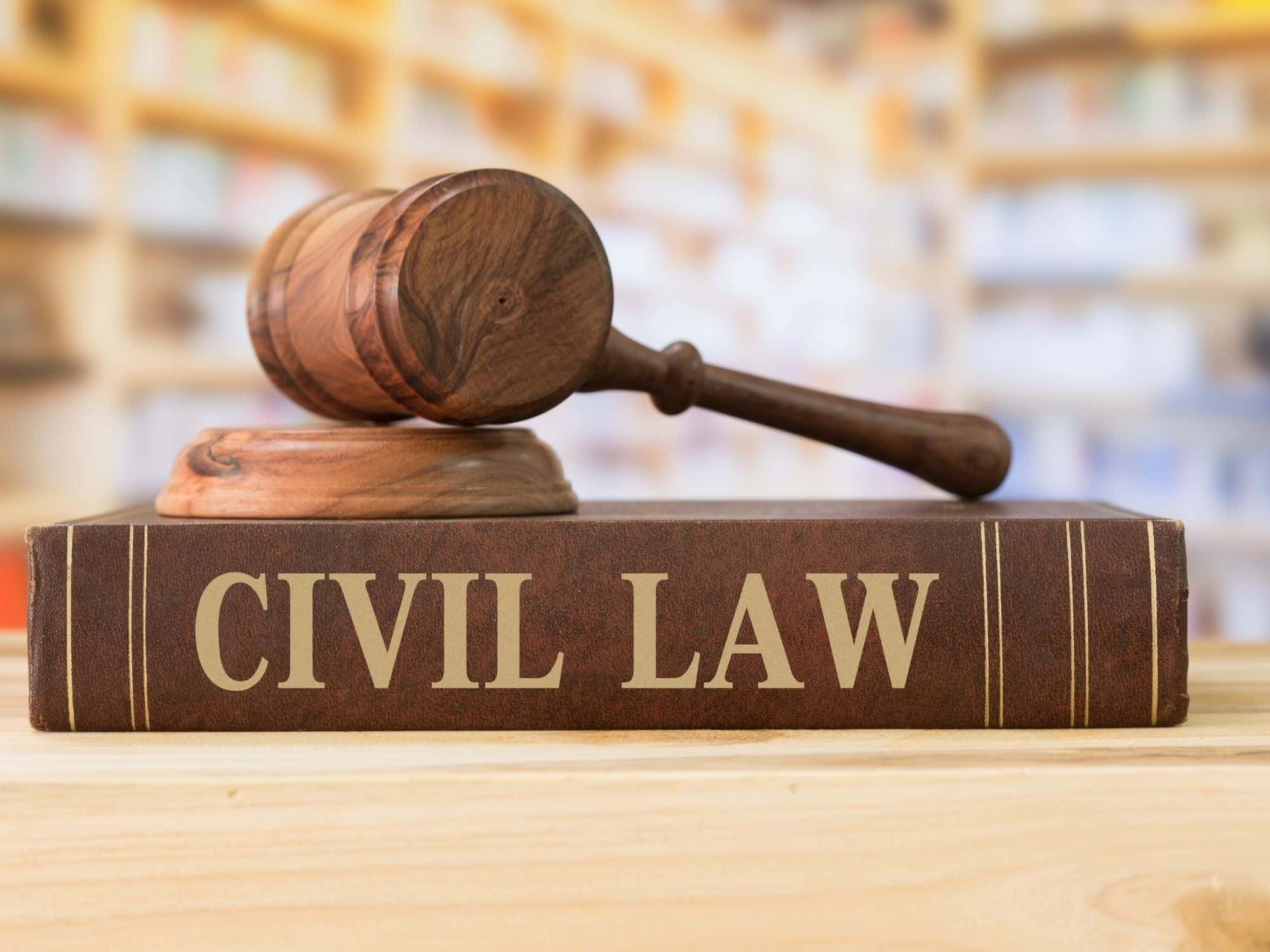
Blog
June 2021 – What Are the Roles Of a Civil Litigation Lawyer?

Civil litigation actions are known to be lengthy, and even the seemingly simpler cases can turn out to be really complex in court. The course to trial is filled with case-specific twists, and for the average citizen, it can get overwhelming very fast.
A good civil litigation lawyer serves not only to assist their client in pursuing the best outcome regarding their interests but also to help conduct due process properly, making sure all stages and regulations are respected.
To understand the role of a civil litigation lawyer, first we have to understand civil litigation itself.
It all starts with a pleading, where the plaintiff, having grounds in a claim, sues the defendant and explains their reasons to the court. The nature of the suit can be anything on which both parties disagree on injuries suffered by the plaintiff, damage to property, terms of an arrangement, business transactions, family matters, evictions, and many more.
During the pleadings stage, the defendant will provide their statement of defence. Failing to do so at the appropriate time may result in a default judgment being granted to Plaintiff.
If all the pleadings have been filed and served, the next stage is the discovery, where all parts will exchange information about the case they’re building, in order to allow the other to prepare accordingly. That is, the plaintiff will have a chance to analyse documents, pictures, witnesses, strengths, and weaknesses, while also providing their own to the defendant. The second part of the discovery is the questioning stage where the parties question each other on the documents produced and potentially request further records through undertakings.
Finally, comes the trial. This is the longest, and usually most stressful part of the lawsuit, where the parties will confront each other in front of the jury or judge, expose their allegations, show their evidence and try to convince the court of their reason. It can take months until the court is satisfied with the case and can provide a decision.
To be able to conduct the case, one must be well prepared, well trained in court, have meaningful knowledge of the law and, preferably, not be emotionally attached to the case. For this reason, it is always best to contact a lawyer.
The role of the civil litigation lawyer, then, encompasses a multitude of tasks. Here are some examples of what they can do.
Provide Legal Advice
Only a lawyer or paralegal can provide legal advice. That is, if you find yourself in a situation where you need to utilize the Court system to attend to your specific needs regarding a legal matter, only a licensed person can inform you what is the best course of action.
This is different from simply telling you what the law means. Anyone can help another translate the legalese of a contract or a code, but if you need to apply this knowledge to your case, you will need a lawyer.
Reach a Settlement
The parties to a lawsuit can reach a settlement at any time before trial. After discussing the possible outcomes of the action, the plaintiff and the defendant can propose agreements to put an end to the conflict. If that happens, both parties agree, of their free will, to comply with the terms and extinguish the matter for once, as if it was decided by the judge themself.
A lawyer can guarantee that all terms of the settlement are just and in accordance with the law and that the other party is not trying to gain unfair advantages. They will contact the other party’s representative and balance out each one’s allegations and demands, serving as an essential intermediate in the process.
Having a diligent lawyer assisting you can increase your chance of reaching a settlement without further nuisance. According to the Federal Government, up to 98% of all civil lawsuits reach an agreement before going to the courts.
Conduct the Lawsuit
In case a settlement can not be reached, having a lawyer by your side will guarantee that your action is taking the right course. As stated before, suits can take complex turns, and only a well trained professional will be able to conduct it appropriately.
For the average person, having to deal with the emotional baggage of allegations against oneself is stressful enough; having to deal with due process and all of the specificities of a lawsuit, is even worse. Letting your legal representative lead you through it can be beneficial to you in more than only legal ways, especially considering the length of civil actions like injury law, employment law and area of debt enforcement.
There is no gain in compromising important parts of your life, like your free time with family and friends, trying to understand the entirety of civil litigation by yourself.
Represent Your Best Interests
The stress caused by a lawsuit being moved by or against you can cloud one’s mind. Some people will be taken by the anxiety of not knowing how your life might change after a decision, while others will let revenge dictate how they act. Thousands of questions can pop—how much will I have to pay? What will I lose? How is my public image going to be in the end? Will justice be served? Should I have sued or not?
Being assisted by a lawyer can also prevent that self-doubt. By guiding you through the lawsuit, your representative will also soothe your mind and explain how to achieve your best interests.
Truth is, in most cases, everyone has to let go of something. Maybe you are covered in reason, and all of your allegations are well based, but the compensation that you demand is exaggerated, or maybe the situation itself that you accuse of being harmful is not out of ordinary.
A civil lawyer will be honest about your chances to succeed, how and what to win and will represent your best interests at all times—some of which you might disagree with at first, but that is essential to your wellbeing and to the due process.
Make Use of Their Expertise
Lastly, and perhaps most importantly, is the expertise that the civil litigation lawyer can provide. By having a meaningful knowledge of the law, a lawyer can see beyond the facts and well into theory, constructing arguments that are relevant and well structured. They can apply the expanse of law to one’s case and convince the judge that you are entitled to the remedies pleaded.
This does not mean only finding loopholes. Quite the opposite, the main job of the civil litigation lawyer is to match facts to code in a solid way, leaving no gap for counterarguments. Sometimes there can be loopholes that will be the core of the lawsuit, but the art behind the system of justice lies in the argumentative power rather than solely cunning.
It takes time to learn the legal craft, and even more, time to use it well.
Those are just some of the roles of a civil litigation lawyer in the wide spectrum of players in the system of justice. From legal advice to providing the way to fair trials, it is always best to have a lawyer assisting you throughout the suit.

